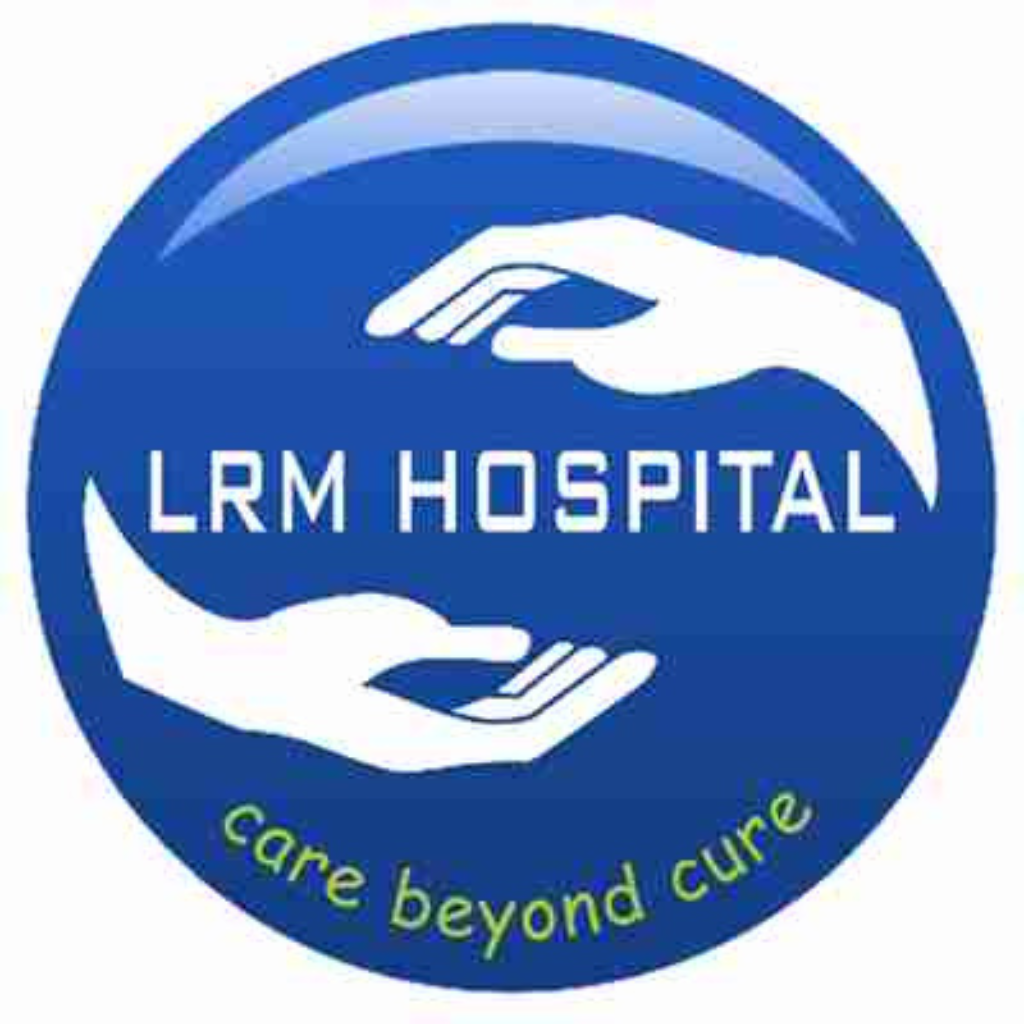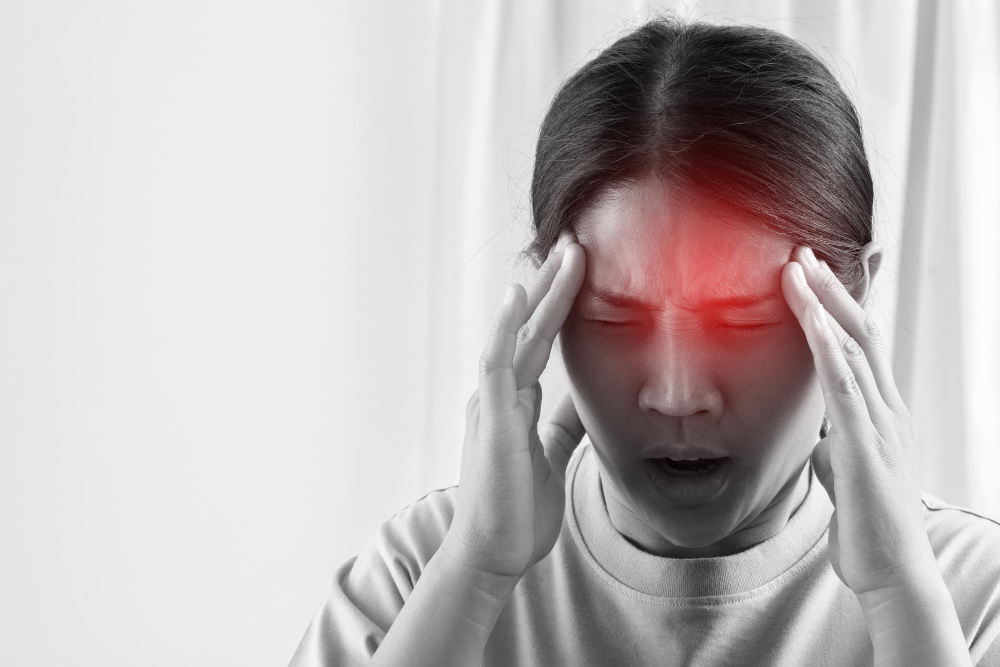What is Migraine?
Migraine is a type of headache that can cause severe pain. Often, this pain is on one side of the head. Many people also feel sick or sensitive to light and sound. Unlike regular headaches, migraines can last for hours or even days. According to the World Health Organization (WHO), migraine is a common condition that affects millions worldwide. For some, migraines can make daily life very hard. However, with the right care, many people find relief.
Common Symptoms of Migraine
People with migraine may notice several symptoms. These can start before, during, or after the headache. Not everyone has the same signs. Still, some symptoms are very common.
Sometimes, people notice warning signs before the headache starts. These are called “aura.” For example, you might see zigzag lines or have trouble speaking. But not everyone with migraine gets an aura.
Causes and Risk Factors
Doctors do not know the exact cause of migraine. However, changes in the brain and genetics play a role. Certain things can trigger a migraine attack. For instance, stress, lack of sleep, or certain foods may start a migraine. Even changes in weather can be a trigger for some people.
Common risk factors include:
According to the Centers for Disease Control and Prevention (CDC), people with a family member who has migraine are more likely to get it themselves.
How Migraine is Diagnosed
Doctors diagnose migraine by asking about your symptoms and medical history. Usually, no special tests are needed. However, your doctor may do a physical exam to rule out other causes of headaches. Sometimes, tests like a CT scan or MRI are used if the doctor suspects another problem. Still, most people do not need these tests. Keeping a headache diary can help your doctor see patterns and triggers.
Treatment Options for Migraine
There are many ways to treat migraine. The best treatment depends on your symptoms and how often you get migraines. Some people need medicine to stop a migraine once it starts. Others take medicine to prevent migraines from happening.
Common treatment options include:
It is important to talk to your doctor before starting any new medicine. Some treatments work better for certain people. Also, using pain medicine too often can make headaches worse over time.
Lifestyle Tips and Prevention
Making healthy changes can help prevent migraines. While medicine is helpful, lifestyle habits also play a big role. For example, keeping a regular sleep schedule can lower your risk. Here are some tips:
In addition, talking to a healthcare provider about your habits can help you find more ways to prevent migraine attacks.
When to See a Doctor
Sometimes, migraine symptoms can be a sign of a more serious problem. You should see a doctor if:
Early treatment can help prevent migraines from getting worse. Therefore, do not wait to seek help if you are worried about your symptoms.
For personalized migraine management, consult LRM Hospital today. We can help you find the best treatment and prevention plan for your needs.

